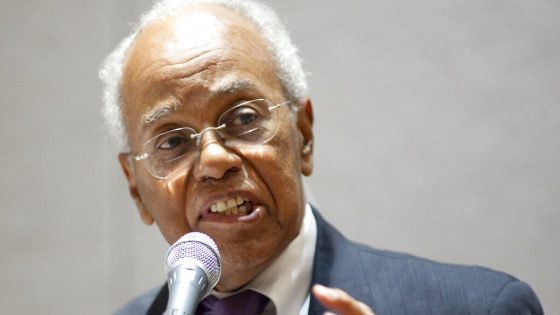Joseph McNeil, a key figure in the Civil Rights movement and member of the Greensboro Four, has died at 83. His death marks the end of a pivotal chapter in American history, with his legacy rooted in challenging segregation.
- Joseph McNeil led Greensboro sit-in at age 17
- Sit-ins sparked nationwide civil rights protests
- McNeil served as Air Force officer, retired as major general
- Greensboro Woolworth's became a Civil Rights landmark
- McNeil's legacy honored with statues and museum
- Civil Rights movement transformed American social landscape
Born in Wilmington in 1942, McNeil attended North Carolina A&T, where he and three classmates sat at a segregated Woolworth lunch counter on February 1, 1960. This act ignited the sit-in movement, leading to widespread protests and eventual desegregation of many public spaces. McNeil later served over 20 years in the Air Force, retiring as a major general. His legacy is honored with a statue at A&T and a museum in Greensboro. He passed away on September 4, 2025, leaving a lasting impact on civil rights.
- McNeil and classmates initiated the 1960 Greensboro sit-in, a turning point in civil rights.
- The sit-in spread across the South, leading to desegregation of lunch counters.
- He served as a U.S. Air Force officer, retiring as a major general after 20+ years.
- His legacy includes a statue at A&T and a dedicated civil rights museum in Greensboro.
McNeil’s leadership helped transform American society, emphasizing the power of peaceful protest. His passing underscores the importance of remembering these historic acts for future generations.
















